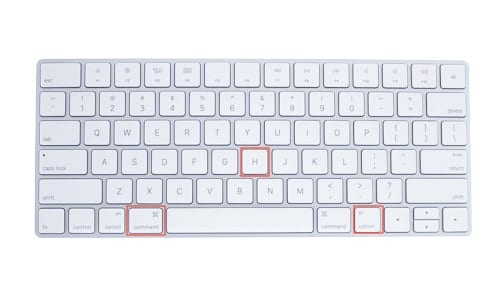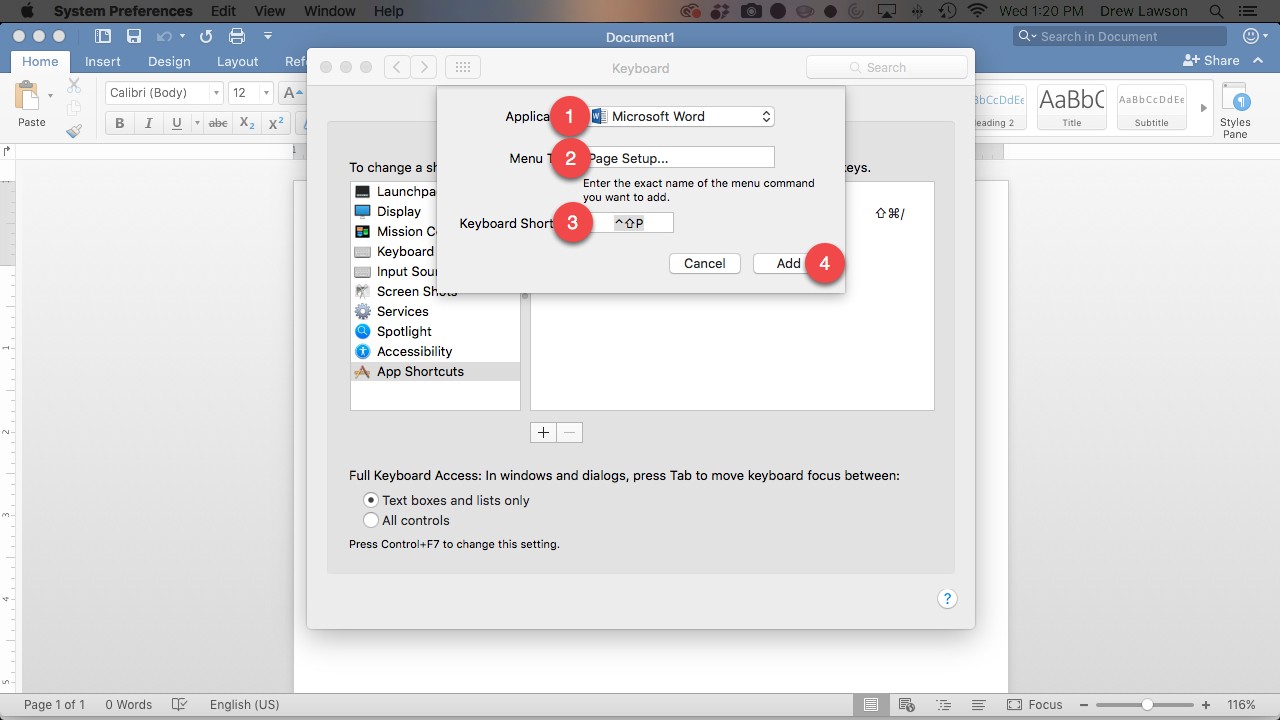
- #Mac command key on keyboard how to
- #Mac command key on keyboard update
- #Mac command key on keyboard full
- #Mac command key on keyboard mac
Shift-Command-T: Show or hide the tab bar in Finder windows.Shift-Command-R: Open the AirDrop window.Shift-Command-P: Show or hide the Preview pane in Finder windows.Shift-Command-O: Open the Documents folder.Option-Command-L: Open the Downloads folder.Shift-Command-K: Open the Network window.Shift-Command-H: Open the Home folder of the current macOS user account.Shift-Command-G: Open a Go to Folder window.Shift-Command-F: Open the Recents window, showing all of the files you viewed or changed recently.Shift-Command-D: Open the desktop folder.Shift-Command-C: Open the Computer window.
#Mac command key on keyboard update
(3) In Software Update preferences, check for software updates again. (2) In some apps, such as Calendar or Safari, refresh or reload the page.
Command-R: (1) When an alias is selected in the Finder: show the original file for the selected alias. Command-I: Show the Get Info window for a selected file. Command-F: Start a Spotlight search in the Finder window. Command-E: Eject the selected disk or volume. Command-D: Duplicate the selected files. To log out immediately without confirming, press Option-Shift-Command-Q. Shift-Command-Q: Log out of your macOS user account. Control-Command-Q: Immediately lock your screen. If any open documents have unsaved changes, you will be asked whether you want to save them. Control–Option–Command–Power button* or Control–Option–Command–Media Eject : Quit all apps, then shut down your Mac. Control–Command–Media Eject : Quit all apps, then restart your Mac. #Mac command key on keyboard mac
Control–Command–Power button:* Force your Mac to restart, without prompting to save any open and unsaved documents. Control–Power button* or Control–Media Eject : Display a dialog asking whether you want to restart, sleep, or shut down. Control–Shift–Power button* or Control–Shift–Media Eject : Put your displays to sleep. Option–Command–Power button* or Option–Command–Media Eject : Put your Mac to sleep. Power button: Press to turn on your Mac or wake it from sleep. Press and hold for 1.5 seconds to put your Mac to sleep.* Continue holding to force your Mac to turn off. This helps you to avoid using them unintentionally. 
You might need to press and hold some of these shortcuts for slightly longer than other shortcuts.
Command-Comma (,): Open preferences for the front app. Shift-Command-N: Create a new folder in the Finder. Or use Shift-Command-3 or Shift-Command-4 for screenshots. Shift-Command-5: In macOS Mojave or later, take a screenshot or make a screen recording. Command-Tab: Switch to the next most recently used app among your open apps. Space bar: Use Quick Look to preview the selected item. #Mac command key on keyboard full
Control-Command-F: Use the app in full screen, if supported by the app. Control–Command–Space bar: Show the Character Viewer, from which you can choose emoji and other symbols. #Mac command key on keyboard how to
Learn how to change a conflicting keyboard shortcut.)

(If you use multiple input sources to type in different languages, these shortcuts change input sources instead of showing Spotlight. To perform a Spotlight search from a Finder window, press Command–Option–Space bar.
Command–Space bar: Show or hide the Spotlight search field. To close all windows of the app, press Option-Command-W. Command-O: Open the selected item, or open a dialog to select a file to open. To minimize all windows of the front app, press Option-Command-M. 
Command-M: Minimize the front window to the Dock. To view the front app but hide all other apps, press Option-Command-H. Command-H: Hide the windows of the front app. To find the previous occurrence, press Shift-Command-G. Command-G: Find Again: Find the next occurrence of the item previously found. Command-F: Find items in a document or open a Find window. In some apps, you can undo and redo multiple commands. You can then press Shift-Command-Z to Redo, reversing the undo command. Command-V: Paste the contents of the Clipboard into the current document or app. Command-C: Copy the selected item to the Clipboard. Command-X: Cut the selected item and copy it to the Clipboard.







 0 kommentar(er)
0 kommentar(er)
